‘Women’s pain is accepted as the beige wallpaper of our existence’
Your digest of analysis from the British and international press

- 1. There are people willing to tackle violence against women – sadly, none of them are in Downing Street
- 2. Why we need a new Domesday Book
- 3. For the first time, I am starting to regret choosing to have children
- 4. The lesson of Budapest? Hold on to your nuclear weapons
- 5. The untimely death of the landline
A free daily email with the biggest news stories of the day – and the best features from TheWeek.com
You are now subscribed
Your newsletter sign-up was successful
1. There are people willing to tackle violence against women – sadly, none of them are in Downing Street
Jess Phillips at The Independent
On women’s pain
“A year ago the women of the UK hoped and prayed that a woman they had never met would be found,” writes Jess Phillips at The Independent. “Then, a year ago, they let out a collective wail when she wasn’t.” Women “bare their souls about the violence and abuse they have suffered” and “for a few weeks everyone stops and listens”. But “does anything really change?” asks the Labour MP. Some things have: for the first time in her career she feels that “there is a chance for change”. But other things have got worse. “More women were killed by men in the last year than in the previous one”, and “rape prosecutions have fallen to their lowest ever level”. On every metric “in the last year we have slid backwards”. Society “has accepted women’s pain as the general beige wallpaper of our existence”, and that’s why it has taken “so bloody long for a pernicious crime” that kills many people “to be taken seriously” by the government.
The Week
Escape your echo chamber. Get the facts behind the news, plus analysis from multiple perspectives.

Sign up for The Week's Free Newsletters
From our morning news briefing to a weekly Good News Newsletter, get the best of The Week delivered directly to your inbox.
From our morning news briefing to a weekly Good News Newsletter, get the best of The Week delivered directly to your inbox.
2. Why we need a new Domesday Book
Peter Franklin at UnHerd
On taking back control
Brits “should gaze upon our own capital with disgust”, says Peter Franklin at Unherd. How, he asks, did we let London “become a piggy bank for Putin’s cronies”? The government has plans to “‘flush out oligarchs, criminals and kleptocrats who think they can use UK property to hide their illicitly obtained wealth’. But let’s be honest… they’ve been doing so on a massive scale.” In 1085, William the Conqueror’s surveyors embarked on what becamed the Domesday Book, covering every county of England and naming over 13,000 places. They completed it the next year. “It seems ridiculous that its modern-day equivalent should take so much longer,” writes Franklin. David Cameron pledged back in 2016 to create a “‘new public register of beneficial ownership’ for foreign companies operating in the UK”. But “we can’t really blame David Cameron” or his successors, says Franklin. The problem has been “the glacial pace of implementation”. William the Conqueror’s survey took “control of a conquered land. A modern-day Domesday Book would be the precise opposite: a means by which we take back control of our own country.”
A free daily email with the biggest news stories of the day – and the best features from TheWeek.com
3. For the first time, I am starting to regret choosing to have children
Jemima Lewis at The Telegraph
On being ‘hostage’ to the future
Jemima Lewis says she’s “starting to regret having children”. Writing for The Telegraph, she says this has been “the most extreme side effect of peering over the abyss created by Putin’s war”. The future “is suddenly darkened by terrors beyond any I expected to arise in my own lifetime”, let alone her children’s. “You have children, in part, to claim a stake in the future,” she writes. “But it also means being taken hostage by the future.” And in recent years, “it has become apparent that the worst can, and in fact does, happen”. Lewis says she feels “shame at my own naivety. How could I have reproduced so blithely?” It makes her love her children “more than ever. I clasp them to me… and wish – just a bit – they had never been born.”
4. The lesson of Budapest? Hold on to your nuclear weapons
John Ullyot and Thomas D. Grant at The Wall Street Journal
On being left exposed
Under the 1994 Budapest Memorandum, “Ukraine gave up the nuclear weapons on its territory” in exchange for Russia and the West’s pledge to respect the state’s “sovereignty and territorial integrity”, say former US security officials John Ullyot and Thomas D. Grant in The Wall Street Journal. In 2014, when Russia seized Crimea, Ukrainians “wondered whether they had left themselves exposed”. Now “that question is again at the front of Ukrainians’ minds”. Until Putin’s invasion, “there had been grounds for cautious optimism about nuclear nonproliferation”. But now, “Ukraine is locked in a battle for its existence” and Putin’s forces “have failed to achieve the quick and easy win” he expected, so he “hints at nuclear escalation”. Abandoning a nuclear programme means “you gamble with your future”. Now, “the US and its allies have an enormous responsibility to get this new security challenge right”.
5. The untimely death of the landline
Laurie Graham at The Spectator
On a ringing silence
Laurie Graham writes in The Spectator that “to anyone under the age of 50, retaining a landline seems like a fogey-ish affectation”. Now the phones that were once in hallways and living rooms are “in our pockets, our constant companion, slave and master”. By the end of 2025, all remaining landlines are to be converted to a digital service. “It’ll be digital or nothing,” says Graham. “Will we live to regret this?” She admits that “mobiles have their advantages”, such as “when your car breaks down on Bodmin Moor”, provided “you can find a signal”. But “what price, your streamlined, mobile-only life when Dudley, Eunice and Franklin come barrelling in and knock out your electricity”. As you watch “the power draining from your phone, wouldn’t it be very comforting indeed to have a landline you could rely on?”
-
 The 8 best TV shows of the 1960s
The 8 best TV shows of the 1960sThe standout shows of this decade take viewers from outer space to the Wild West
-
 Microdramas are booming
Microdramas are boomingUnder the radar Scroll to watch a whole movie
-
 The Olympic timekeepers keeping the Games on track
The Olympic timekeepers keeping the Games on trackUnder the Radar Swiss watchmaking giant Omega has been at the finish line of every Olympic Games for nearly 100 years
-
 ‘The UK’s malaise will not end with the Prime Minister’s exit’
‘The UK’s malaise will not end with the Prime Minister’s exit’Instant Opinion Your digest of analysis from the British and international press
-
 ‘Police tactics are not getting worse, they are simply being filmed’
‘Police tactics are not getting worse, they are simply being filmed’Instant Opinion Your digest of analysis from the British and international press
-
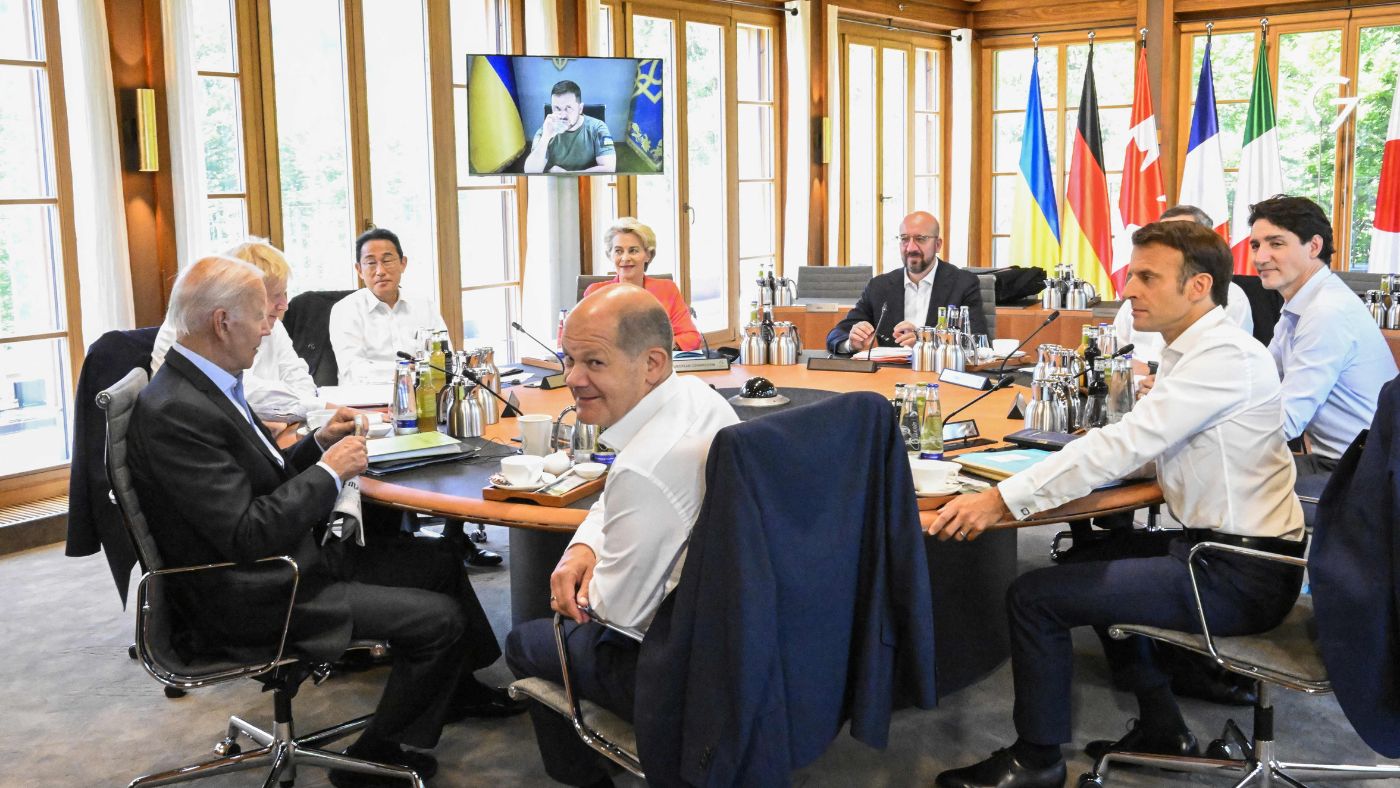 ‘G7 leaders missed a golden opportunity’
‘G7 leaders missed a golden opportunity’Instant Opinion Your digest of analysis from the British and international press
-
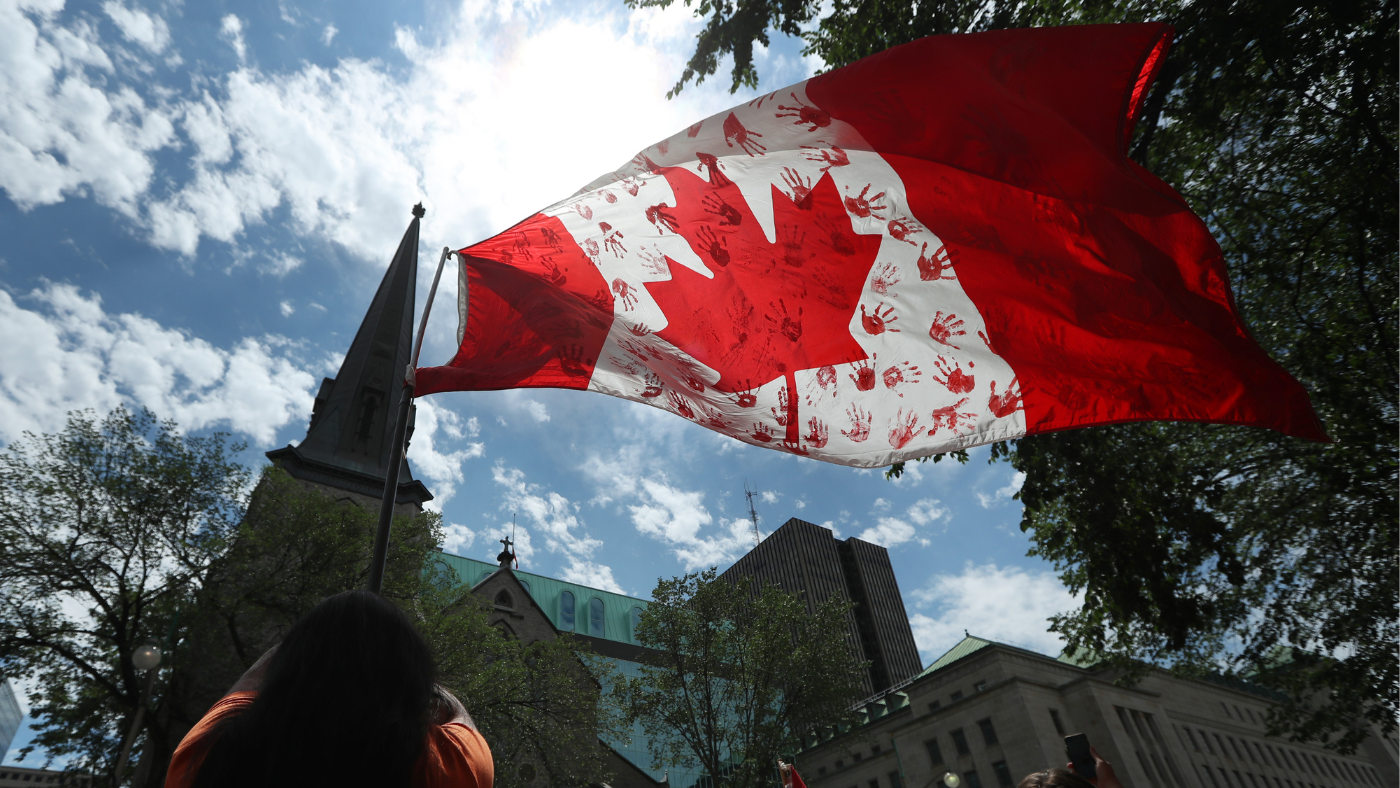 ‘It takes some soul searching to celebrate Canada Day’
‘It takes some soul searching to celebrate Canada Day’Instant Opinion Your digest of analysis from the British and international press
-
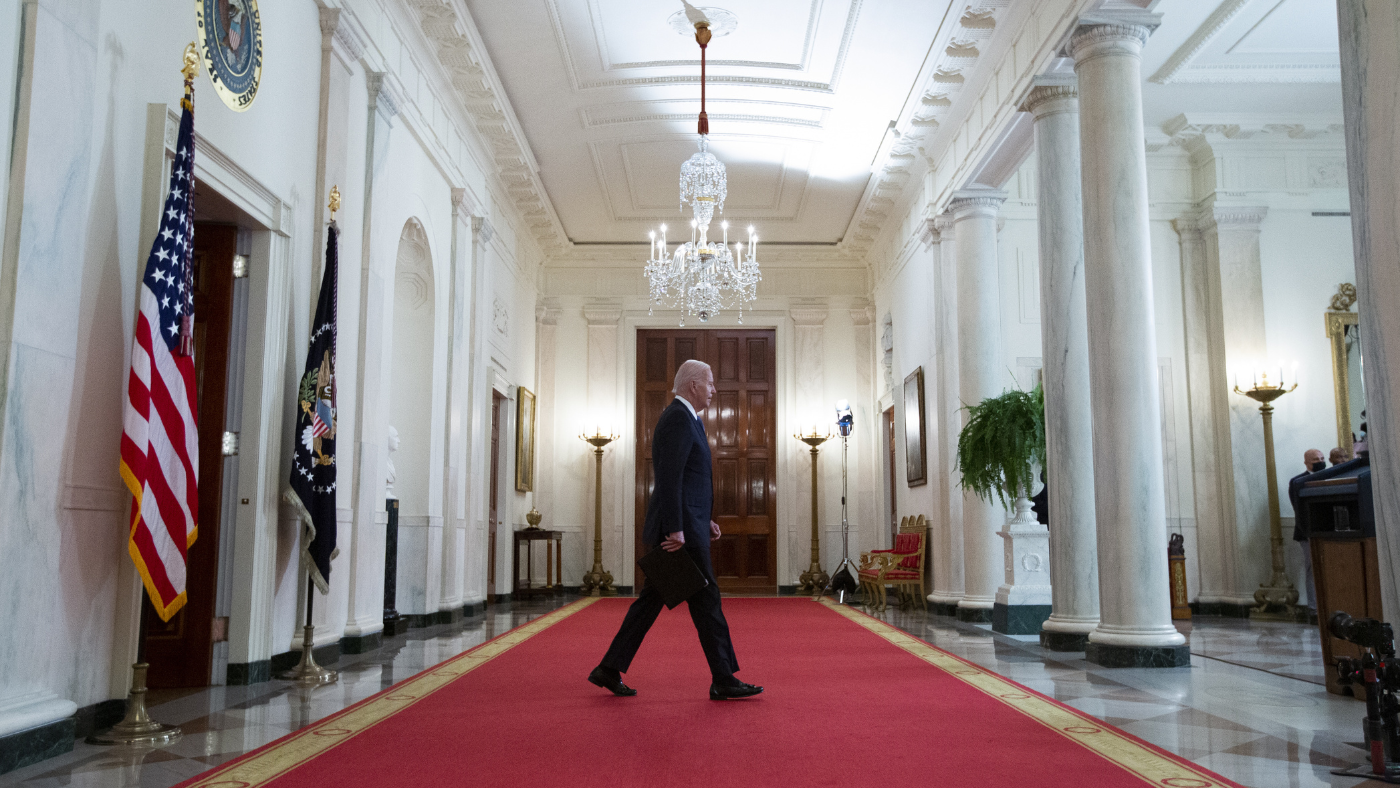 ‘Breakthrough on abortion rights could be there if Biden reaches for it’
‘Breakthrough on abortion rights could be there if Biden reaches for it’Instant Opinion Your digest of analysis from the British and international press
-
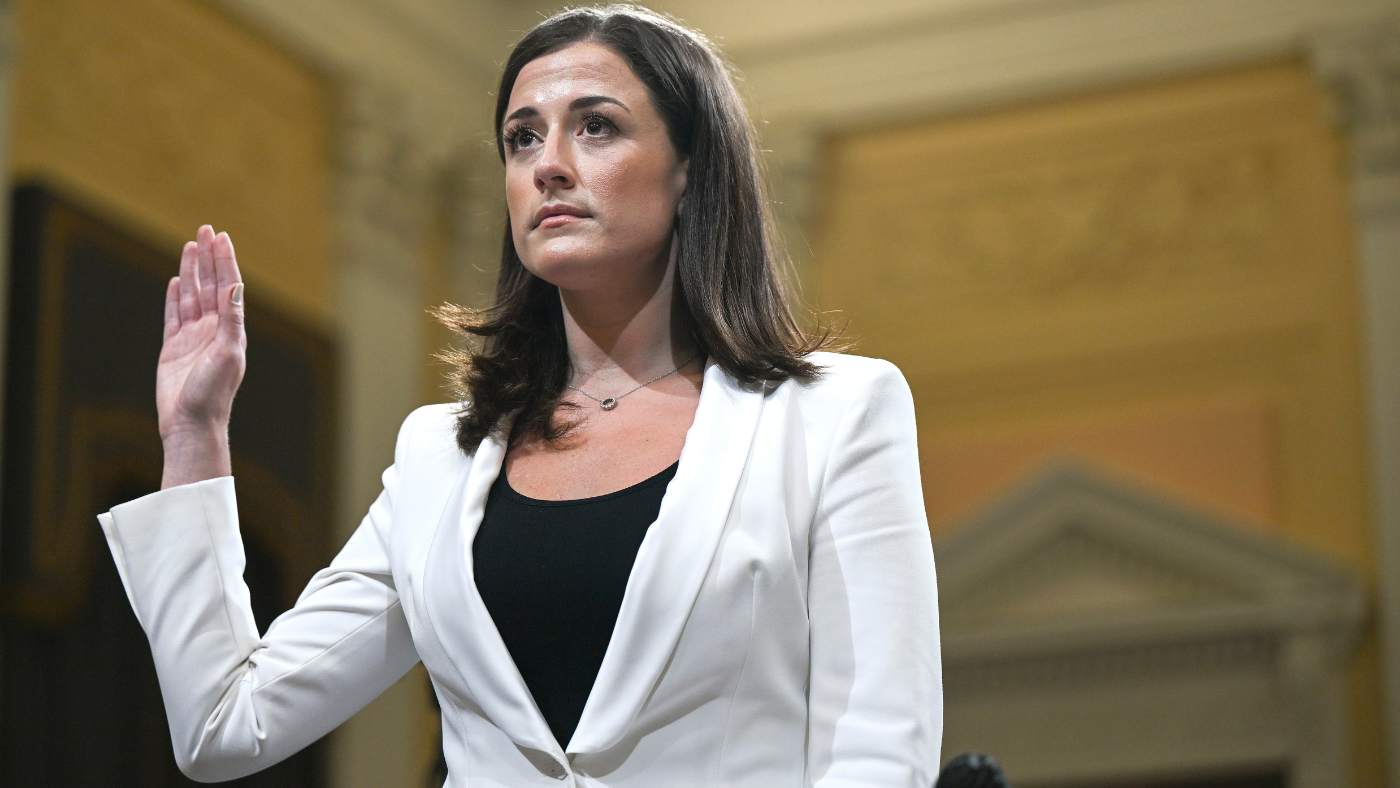 ‘If only Mark Meadows had even half Cassidy Hutchinson’s courage’
‘If only Mark Meadows had even half Cassidy Hutchinson’s courage’Instant Opinion Your digest of analysis from the British and international press
-
 ‘Boris Johnson measures success in biceps rather than brain power’
‘Boris Johnson measures success in biceps rather than brain power’Instant Opinion Your digest of analysis from the British and international press
-
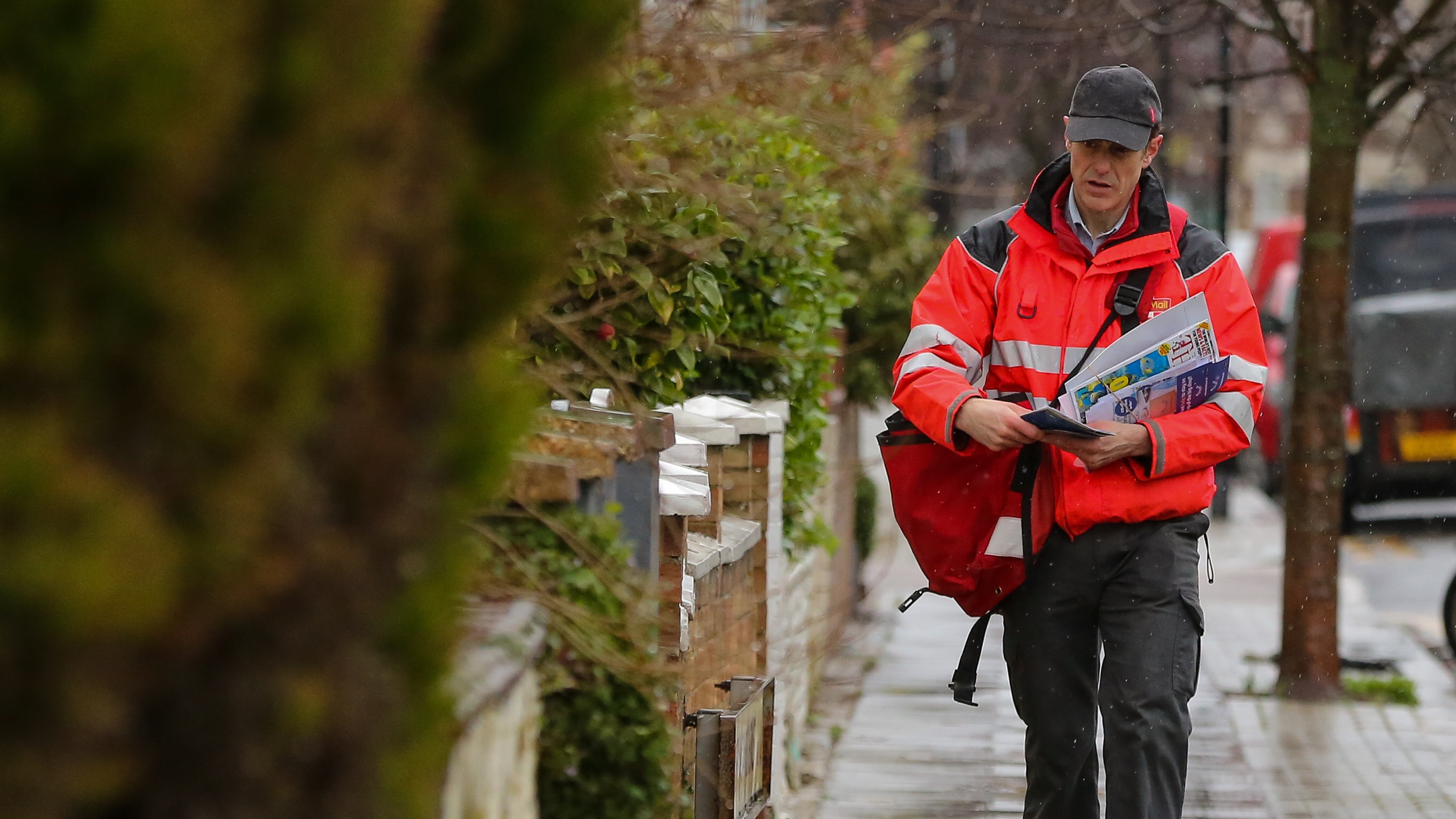 ‘Asking posties to act as community watchmen is an inspired idea’
‘Asking posties to act as community watchmen is an inspired idea’Instant Opinion Your digest of analysis from the British and international press